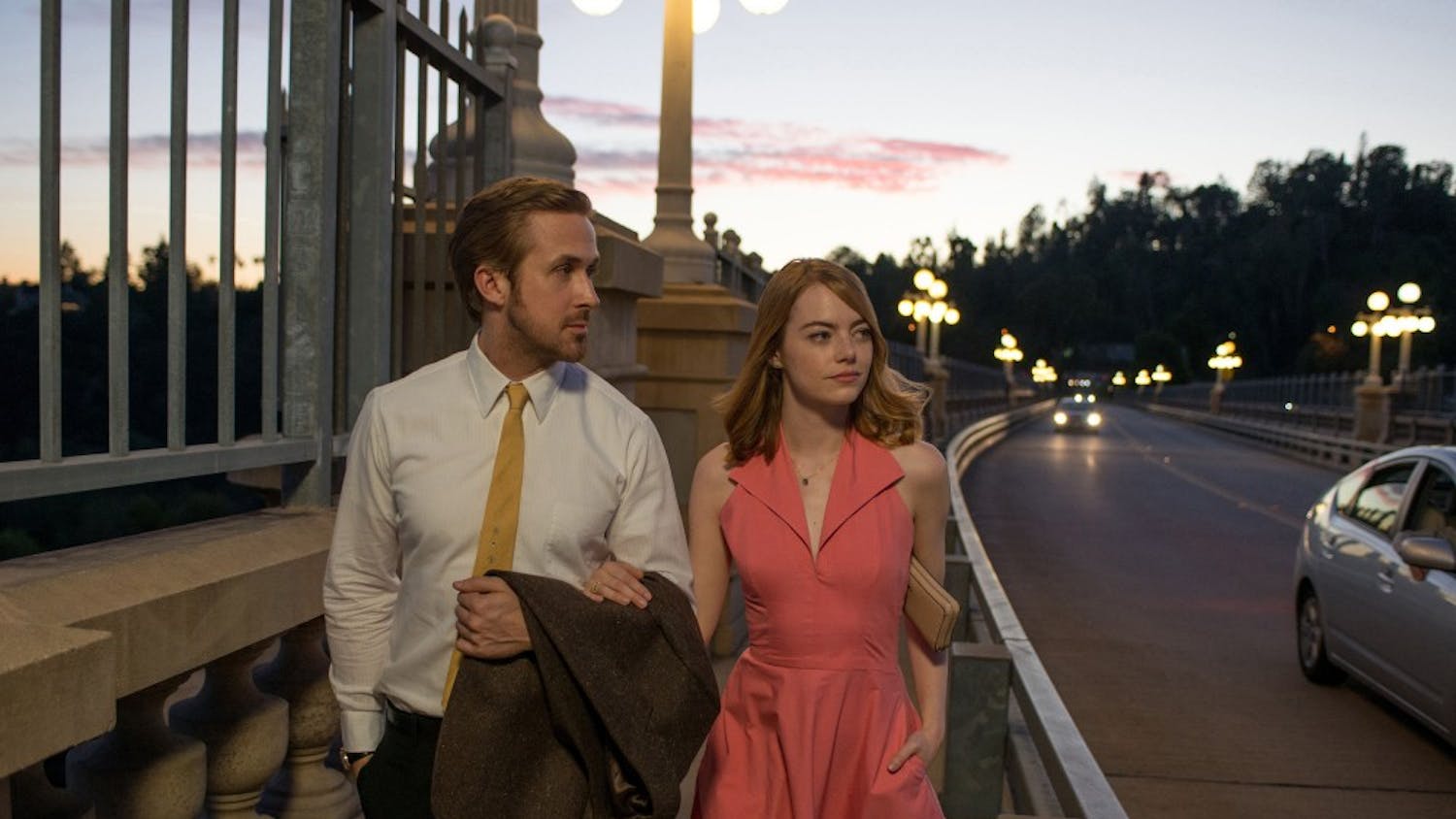I am not a religious man. Regardless of the fact that I was raised in a Lutheran family, attended a parochial school for six years and was both baptized and confirmed, I've ceased adhering to the beliefs which I followed in my youth. Why was it, then, that Mel Gibson's latest film, which concerns the last hours of the life of Jesus Christ, had me in a theater seat on opening day at 4 p.m.? Certainly not faith, since that aspect of my life had faded to black years previous. Curiosity isn't the right word either, though I was admittedly curious to see this labor of love Gibson financed out of pocket and was about to gamble his Hollywood career on. Hope was what actually had me in that seat. The hope that I would be treated to a raw, finely tuned cinematic version of a tale I was first told long ago, and a hope that I would leave the theater thrilled at having seen a great film.\nSurrounded by nearly 300 people who I had to assume were mostly devout believers, I felt alone as the film began. By film's end, I was not alone, having collectively shared an experience with the rest of the audience. \nThis experience was not one of faith or miracles, but one of sheer endurance, and I believe that experience was the exact one Gibson had hoped to bring us. Two solid hours of pain, suffering and gore, interspersed with universal life lessons of love and understanding isn't what most movie-goers would deem popcorn-worthy entertainment. This is not a film to enjoy, but, as I said, it is one to endure.\nAt the end of the day, "The Passion of the Christ" is a just film, not definitive proof of a higher power; just as the word "gospel" literally translates to "good news," and not "the truth" as many believe it to mean. \nThere is a scene in the film where Pilate, the man who sentences Jesus to die, asks the age old question, "Truth? What is truth?" After watching this film, it is clear to me that the truth is whatever a person believes it to be. Christians, Jews, Muslims, Buddhists and all other faiths are convinced that their beliefs are the truth, and therefore, to them, their faith becomes truth.\nWhen I think back to my days at St. Peter's Lutheran School in Columbus, Indiana, I remember being shown images of Jesus on a cross, looking spotless and almost excited to be there. "The Passion" showed me a version of this story which I hadn't seen. One based in buckets of blood, shards of torn skin and, most importantly, the actual language which the people alive at the time spoke. After all, a gratuitous look at the naked brutality of the Middle East in the first century, while it pales in comparison to the car bombs and rocket propelled grenades of today's Middle East, is essential in fully comprehending why the story of Jesus' life and death came about. This was a time of cruelty and hatred where people were in search of something to believe in, and the story of a man who came to their land to spread love and acceptance, and ultimately die violently in order to rectify the misdeeds of everyone was just the panacea these people needed.\nI was always told in grade school that Jesus loved me and died for my sins, and it was comforting. I lost my faith during my middle school years, when I realized that organized religion can be just as easily used for evil as for good. A primary strength of "The Passion" is that it shows both sides of religion to their full extent. We see the evils of the institution in the intolerance of the Romans and Jews alike, which results in the gory torture and death of Jesus, but we also see the positive aspects of what Christianity teaches, in the form of flashbacks of Jesus teaching acceptance and compassion for all people, not just certain factions who happen to believe in a certain deity.\nAs for the outcries of anti-Semitism concerning the film, I don't see the relevance of these claims. Having seen "The Passion" twice now, I understand that the Jewish leaders and Pharisees of the time called out for Christ's crucifixion because it was in their nature to do this, especially in a time when the primary concern of religious leaders was to hold power and prevent uprisings. A man claiming to be the son of God, and making statements like "the meek shall inherit the Earth" was simply a threat to the establishment of the time. The Jewish leaders did what they felt had to be done. Some Christians have certainly held ill will toward Jews because of their depiction in the gospels, but that's simply a pointed reminder of how the negative aspect of religion can breed intolerance. I say to those who are anti-Semitic for this reason, wasn't Jesus' purpose supposedly to come to Earth IN ORDER TO DIE? If so, why does it even matter who killed him?\nIf you haven't seen "The Passion" yet, I would highly recommend a viewing. However, please don't take small children unless your wish is for them to be temporarily mentally scarred. If I had seen this film when I was an eight-year-old, the sheer amount of blood spilled combined with the nightmarish depictions of Satan would have haunted me for weeks.\nIf you are a person of faith, you will no doubt leave the theater inspired and reaffirmed. If you are not religious, you will have experienced what happens when a human being pours 48 years and 25 million dollars worth of fervor and faith into a film. This film is a rare gift from a truly gifted filmmaker.
In sanguis, veritas -- In blood, truth
Get stories like this in your inbox
Subscribe





